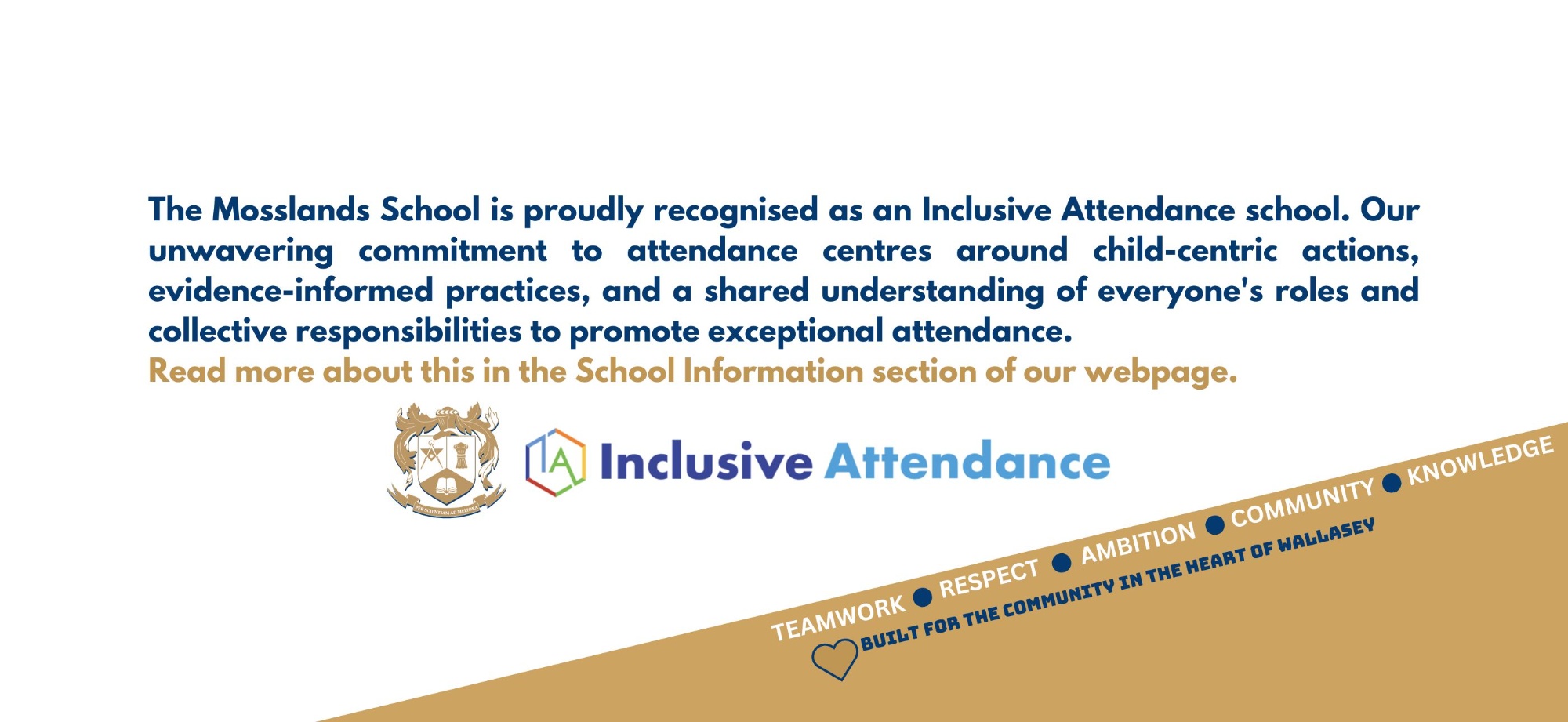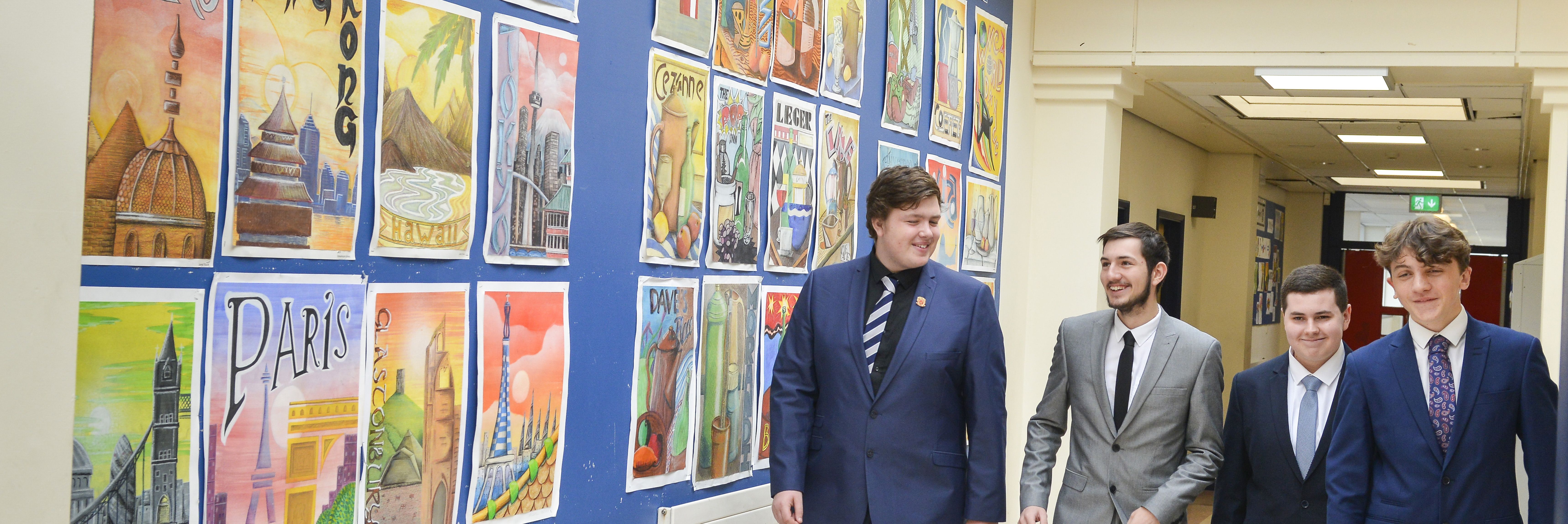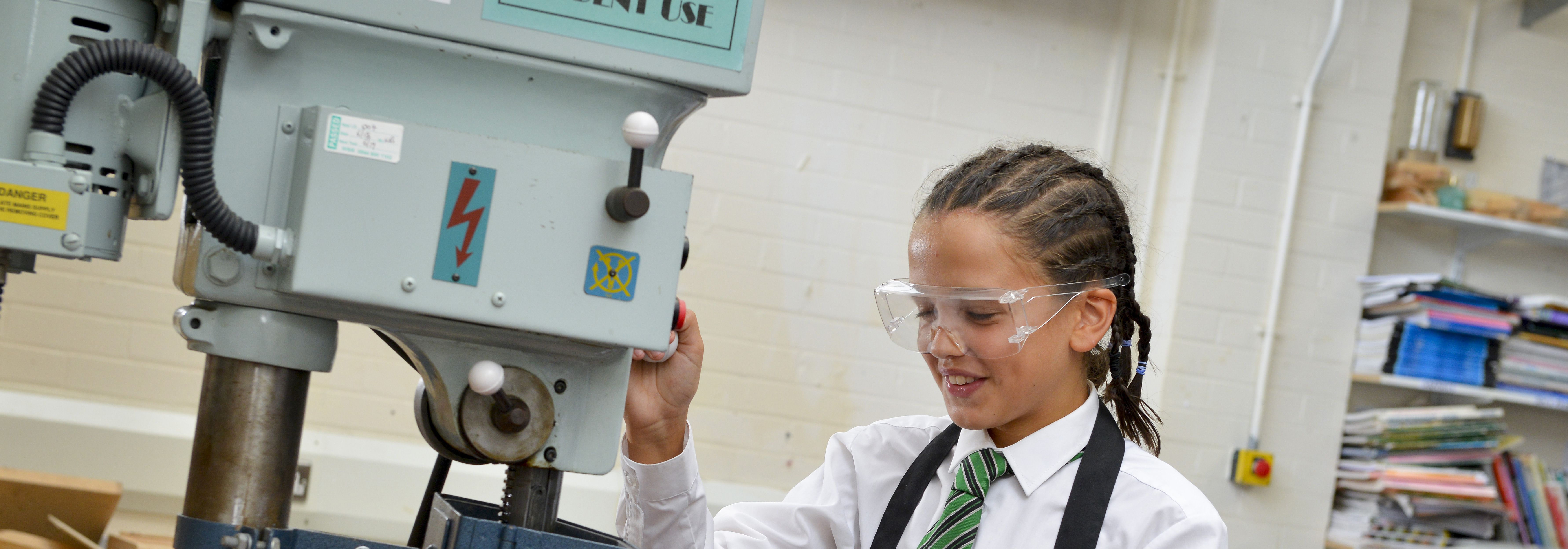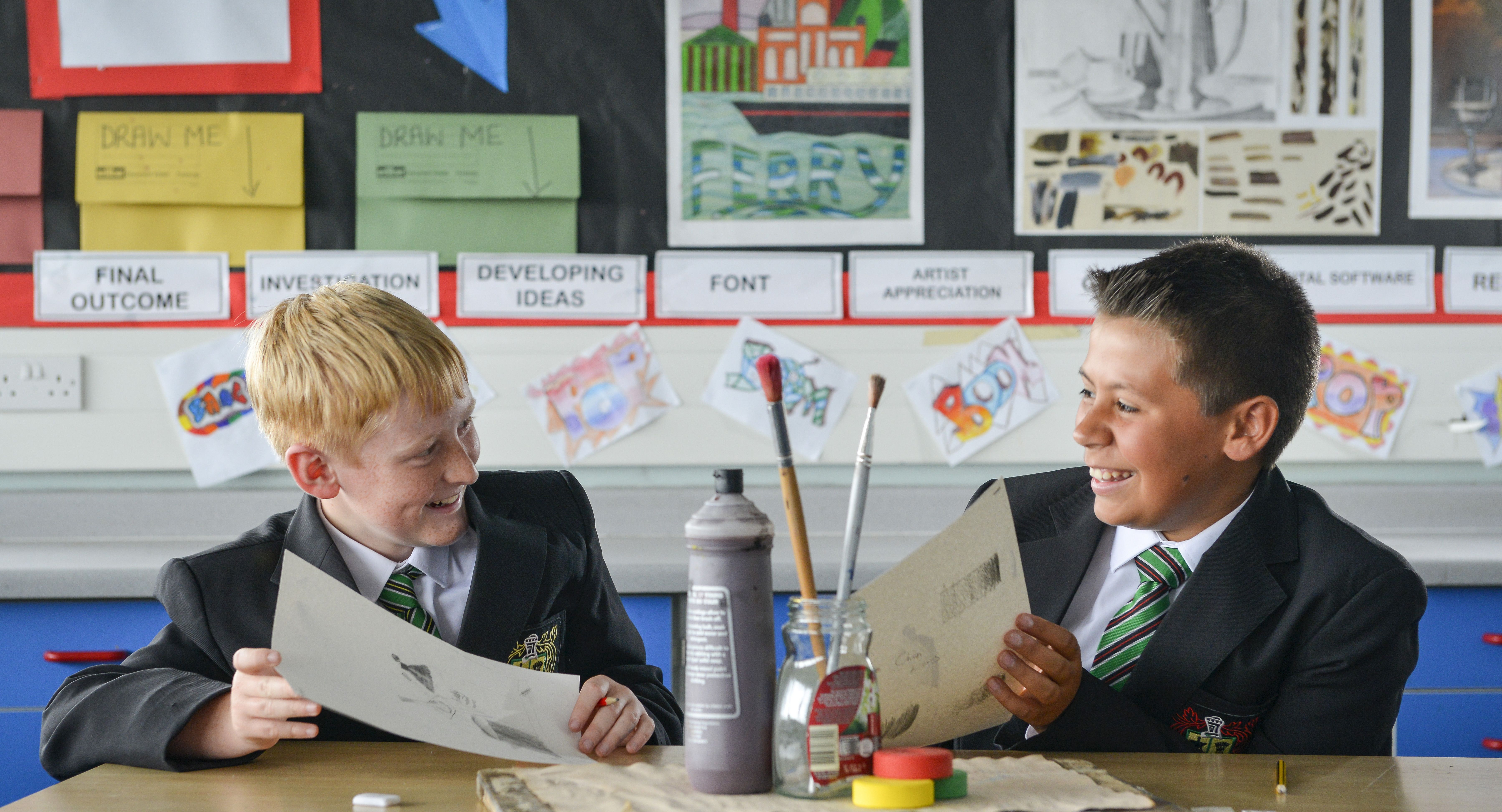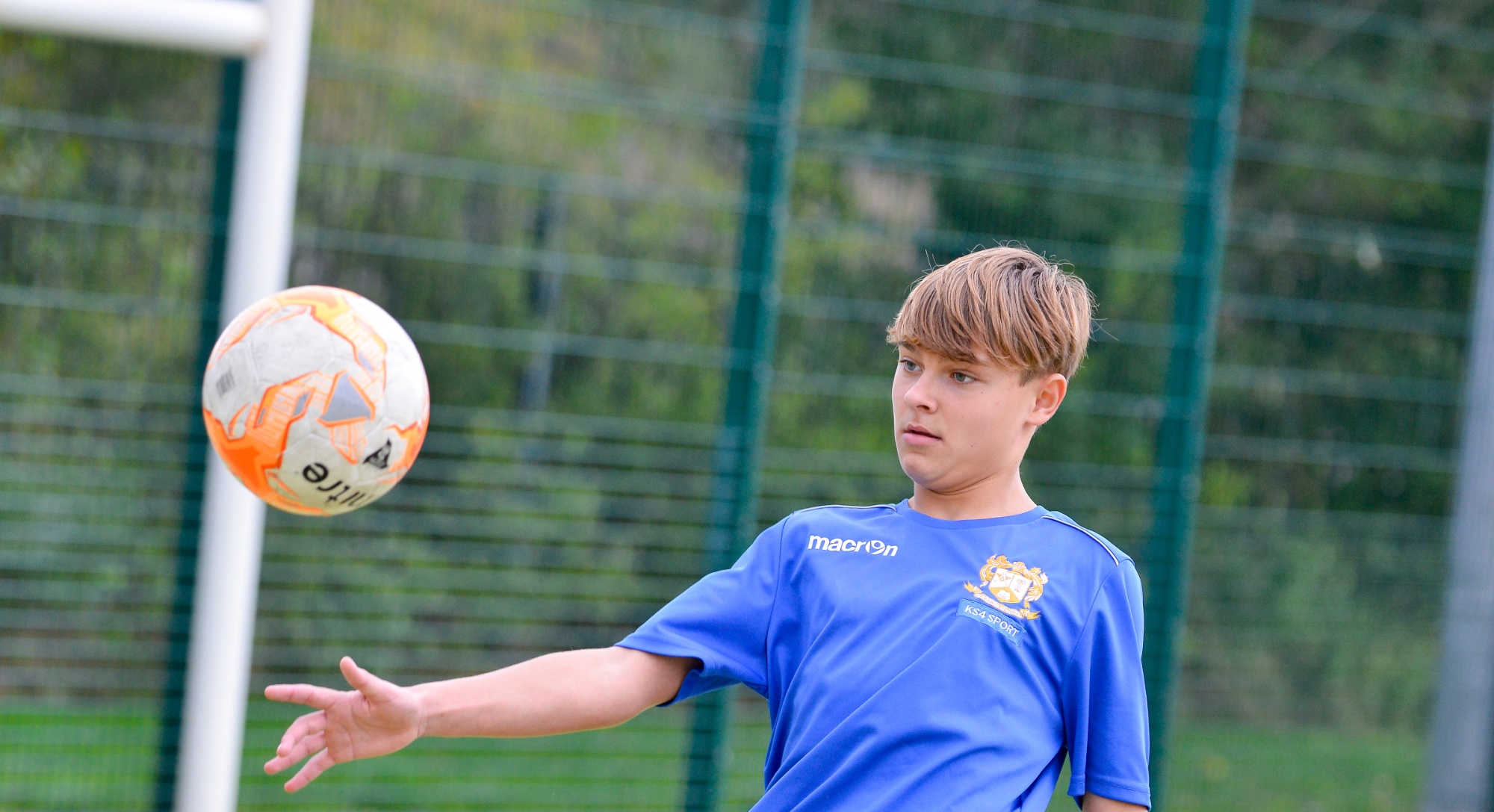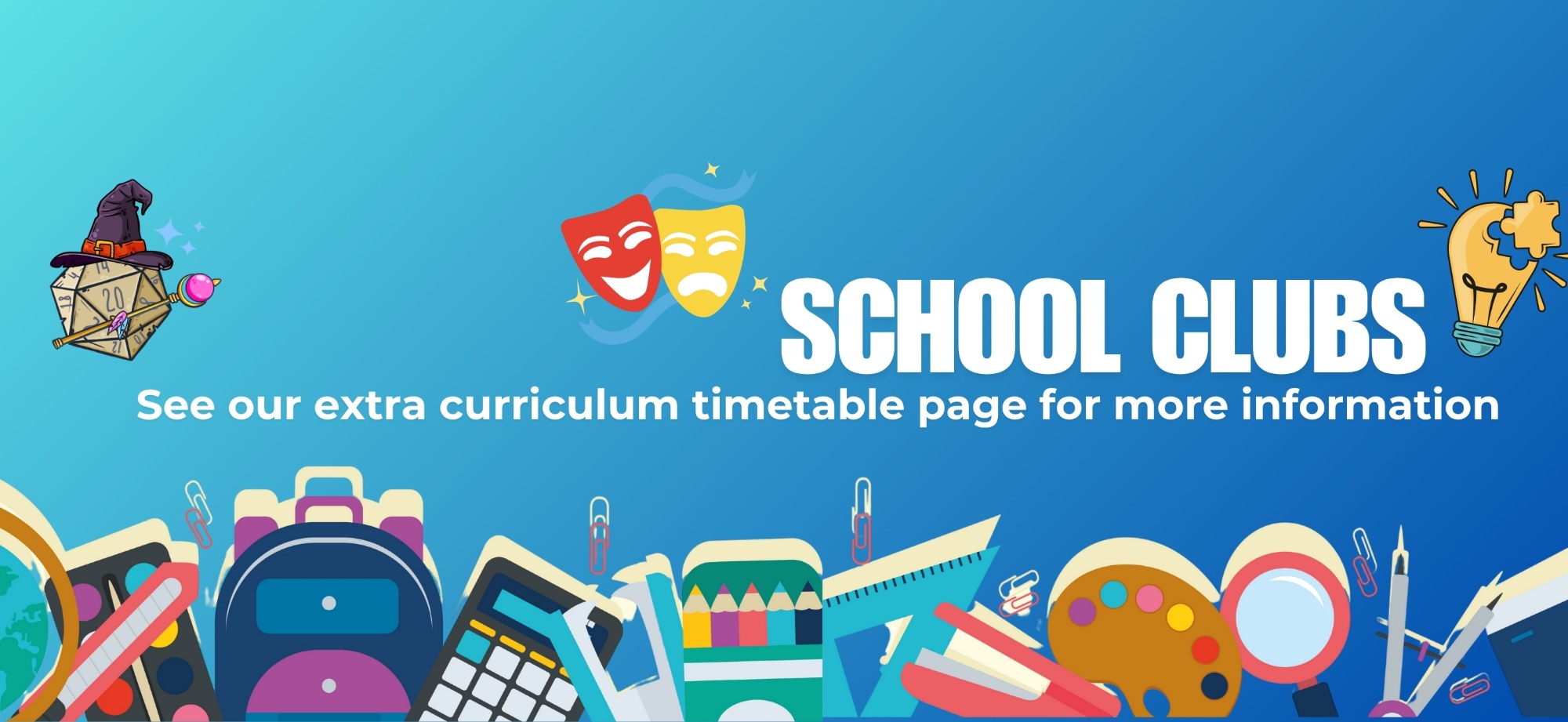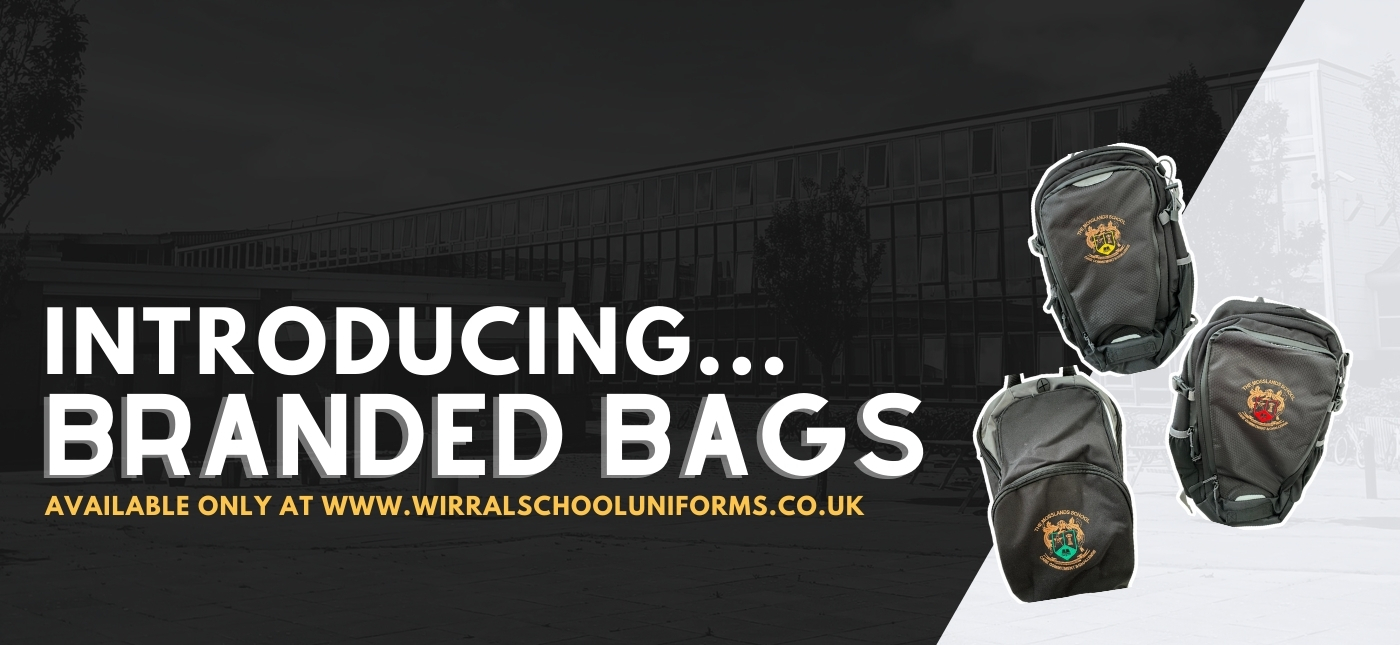Music
When you arrive at The Mosslands School, you will begin your music journey in a mixed ability group. Over the first year, you will have the opportunity to develop your skills in performing, composing, and appraising music. As your strengths and areas for development become clearer, your group may change to ensure you are challenged and supported at the right level.
In the early stages of the course, all pupils follow a programme that integrates performing, composing, and appraising through topic-based projects. Within performance, students are encouraged to bring in and use their own instruments where appropriate. The school also provides a wide range of resources, including electronic keyboards, African drums, electric and acoustic guitars, drum kits, classroom percussion, and a set of 20 laptops to support music technology work. These laptops are used extensively for composition and appraising, allowing students to explore digital music creation and develop ICT-based musical skills.
Pupils explore a rich variety of topics, from rhythm, melody, and structure to musical cycles inspired by African, Javanese, and Indian traditions. They will also experience jazz improvisation, African dance music, and opportunities to work on “Musical Futures” projects, where students can choose their own pop songs, rehearse in groups, and record performances for online sharing. These topics build creativity, cultural awareness, and practical confidence.
In Years 10 and 11, students follow the Edexcel BTEC First Award in Music (Level 2), equivalent to a GCSE. This qualification covers four key units:
-
The Music Industry – understanding types of organisations, job roles, and career pathways.
-
Managing a Music Product – planning, developing, promoting, and reviewing a music event or product.
-
Introducing Music Composition – exploring creative ideas, developing compositions, and presenting them appropriately.
-
Introducing Music Performance – developing instrumental or vocal skills, rehearsing effectively, and evaluating personal performance.
Assessment is through a combination of one externally assessed exam and three internally assessed coursework units. Students are regularly monitored through lesson activities, performances, and unit assessments to track progress and guide improvement.
Key concepts of Music allow students to develop:
-
Declarative Knowledge – understanding the facts, terminology, and concepts of music theory, performance practice, and the music industry.
-
Procedural Fluency – acquiring the practical and technical skills to perform, compose, and produce music effectively.
-
Conditional Knowledge – applying skills creatively across different musical styles and contexts, adapting to varied performance and compositional challenges.
By combining creative exploration, technical skill-building, and industry awareness, our music curriculum ensures every student has the opportunity to grow as a confident, capable, and expressive musician.
/028BD2C565CB51E6156B8D2D40272A51.jpg)




